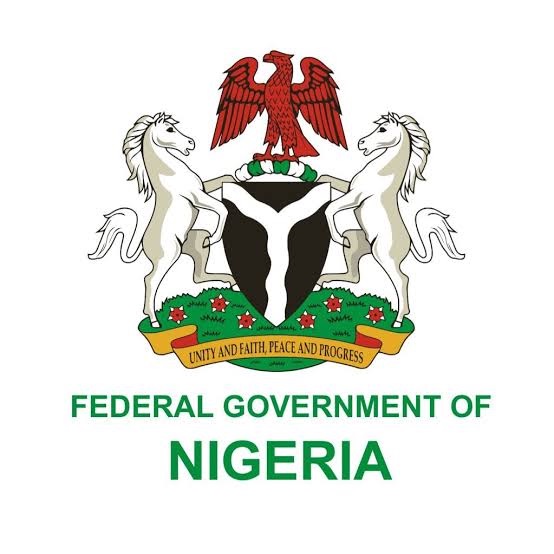The Federal Government has expressed strong disapproval of the alarming rate of deforestation in Nigeria and established the National Task Force (NTF) on the European Union Deforestation Regulation (EUDR) to ensure the country complies with global standards for deforestation-free agricultural products, while also boosting economic growth.
Speaking to journalists in Abuja, Minister of Agriculture and Food Security, Abubakar Kyari, highlighted the inauguration of the NTF as a critical step towards aligning Nigeria’s practices with the EUDR, which aims to mitigate deforestation and promote sustainability in agricultural trade. He emphasized that deforestation and forest degradation are key drivers of climate change and biodiversity loss, underscoring the urgency of the initiative.
Kyari further explained that the EUDR, which took effect on June 29, 2023, mandates full compliance by December 2024. The regulation targets commodities linked to deforestation, including timber, soy, palm oil, coffee, cocoa, and cattle, as well as derived products like chocolate, leather, tires, and furniture.
In a statement by the ministry’s Assistant Director, Ezeaja Ikemefuna, Kyari noted that only products that are proven to be deforestation-free and comply with the domestic laws of their country of origin will be allowed entry into the EU market. He stressed that the European Union remains a key trade partner for Nigeria, and failure to comply with the EUDR could severely impact Nigeria’s export markets for cocoa, rubber, soy, and timber, which account for the bulk of Nigeria’s 523 million Euro trade with the EU.
Kyari also joined international calls for a two-year extension of the EUDR deadline, referencing the recent appeal by the International Cocoa Organization (ICCO), which urged for a postponement to allow cocoa-producing nations to meet the regulations. He cited Ghana’s strides in mapping over 1.2 million farms and tracing cocoa beans from farms to ports as an example of progress that Nigeria aims to replicate.
The Minister urged the NTF to collaborate closely with both government agencies and private sector stakeholders to meet these global standards, ensuring Nigeria maintains its competitive edge in international trade.
